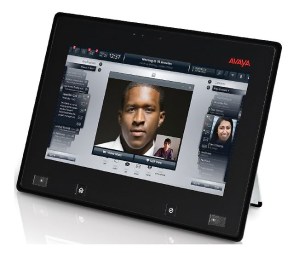
Telecommunications equipment maker Avaya is planning an initial public offering to raise approximated $1 billion, according to the Wall Street Journal (subscription required). The company has been aggressively pursuing its telecommunications and unified digital communications platforms that handle everything from instant messaging to voice mail, video conferencing, and email for medium-to-large size enterprises. However, the global economic downturn seems to have hurt the company. Initially spun off from Lucent as a public company back in 2000, the firm went private back in 2007 in an $8.2 billion buy-out lead by private equity firms Silver Lake Partners and TPG. The $1 billion IPO offering values the entire company at about $5 billion—roughly 40 percent less than its owners paid for it four years ago.
Nonetheless, the IPO could be one of the largest of the year, following on the heels of LinkedIn, Freescale Semiconductor, and Groupon.
Avaya has recently been working to enable enterprises to engage in customer contact and support through social media like Twitter and Facebook and have those interactions integrate with its existing customer contact and management systems. Avaya has also been promoting its Avaya Flare platform, which integrated email, voice, text messaging, video conferencing, and other communications tools into a single communications solution—systems include everything from motorized cameras and dual-LED displays for conference rooms and other facilities. One of Avaya’s chief competitors in the market is Cisco, which—although it recently canned its consumer video business—remains committed to enterprise and business video communications solutions.


